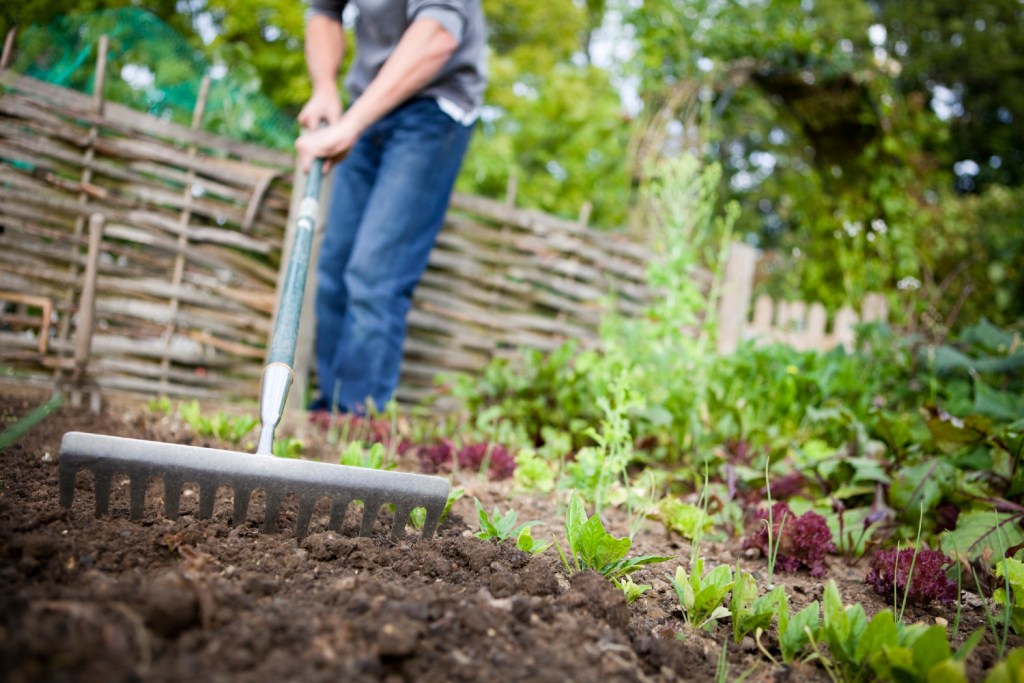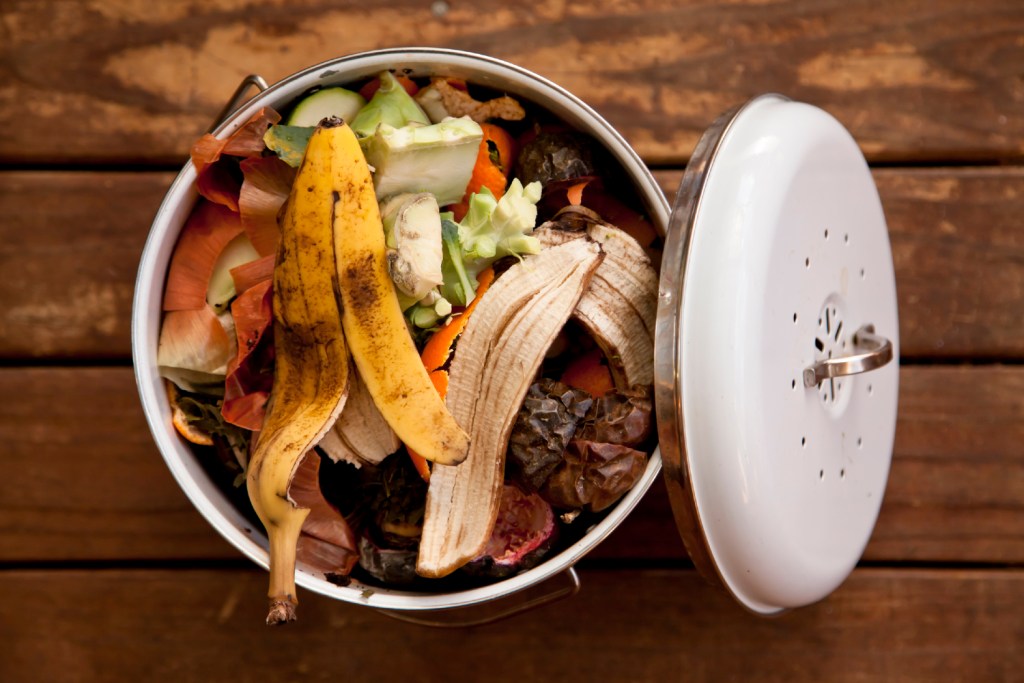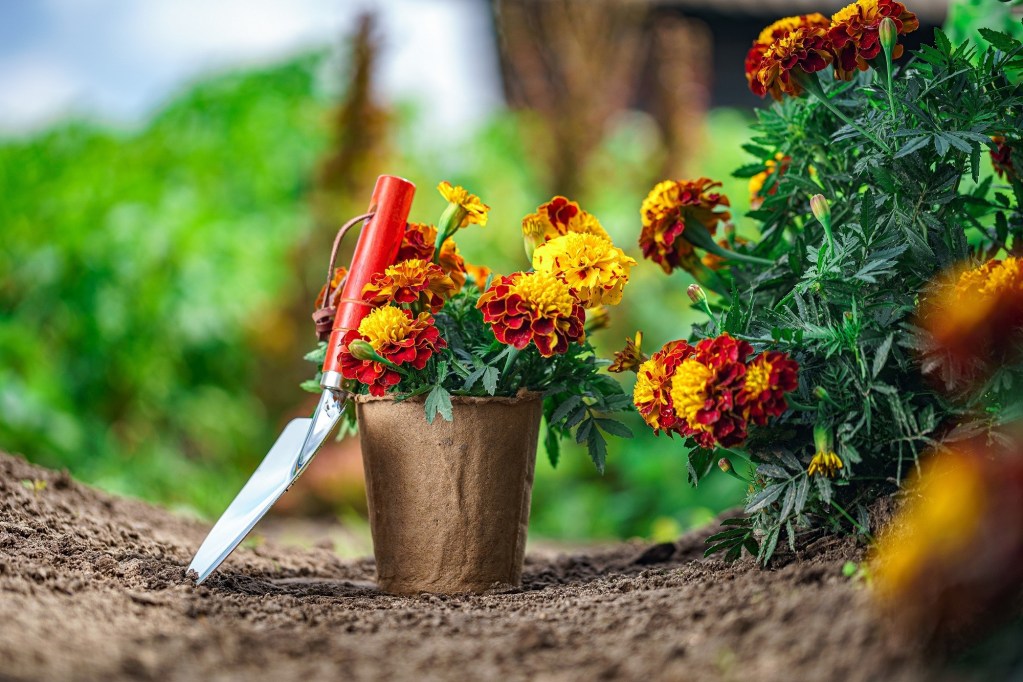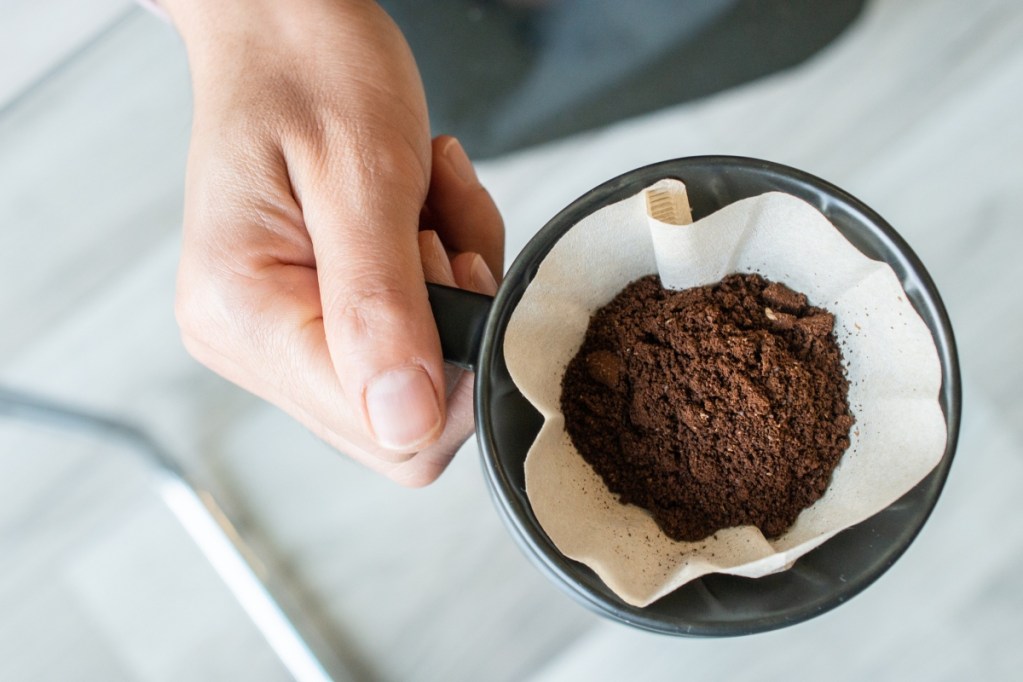Can You Feed Coffee Grounds to Plants
Depending on how into gardening you are, you may be aware that putting used coffee grounds in your garden is a highly debated topic. Some people swear by using coffee grounds for growing plants, while others say it's the worst thing you can do for your garden. So which opinion is correct, and how do you know which side to trust? How do you know if you should – or shouldn't – put used coffee grounds in your garden? We've researched the pros and cons for you and break them down below so you can decide how to use coffee grounds in the garden.

Should you use coffee grounds as mulch?
Using mulch in your garden can be beneficial, but many people find the cost of mulch too expensive to turn into organic matter. Straw and compost can be used as mulch, but not many people have tons of straw lying around, and compost takes months to create. So it seems as though coffee grounds would be the perfect solution for gardeners in need of mulch.
However, coffee grounds can actually harm the roots of seedlings by inhibiting growth if applied too thick. Also, coffee contains caffeine, which has been found to suppress the growth of plants. Coffee grounds are tiny particles that are prone to locking together and forming clumps. These clumps can become a barrier to water and other nutrients that the plants need to absorb.
So what is the answer regarding using coffee grounds as mulch? The solution is to mix coffee grounds with other organic matter such as leaf mold or compost before using it as mulch. You can also rake coffee grounds into the top layer of soil so they can't clump together. The key is to have variable particle sizes in your soil and mulch to promote good soil structure, allowing water and nutrients to be absorbed properly.
Can coffee grounds be used as a fertilizer?
Coffee grounds contain several essential nutrients, such as nitrogen, potassium, and phosphorus, along with several micronutrients — all of which make using coffee grounds for plant fertilizer a great idea. The amount of nutrients in each batch of coffee grounds varies, but ultimately, coffee grounds can be used as a slow-release fertilizer. (Coffee grounds aren't as acidic as some claim, so you don't have to worry about that.)
Sprinkle coffee grounds in a thin layer onto your soil to use as a fertilizer. Just make sure you don't use too much or pile it too closely; just like you have to be careful when using coffee grounds as mulch, you don't want the particles to clump and create a water-resistant barrier.
Another plus? Worms like coffee grounds and worms are a necessary part of the ecosystem that is any garden. By adding coffee grounds, you'll be making your green space a little more inviting to worms.

Should I add coffee grounds to my compost?
Composting can be very beneficial. There are two types of compost material: green and brown. Coffee grounds fall into the green category since they are a green material, which means they are rich in nitrogen. (Coffee grounds typically have about 1.45% nitrogen.) Other green materials are food scraps and grass clippings. All of these green materials contain magnesium, calcium, potassium, and other trace minerals.
You can throw your coffee grounds (paper filter and all) into your green compost bin, but when it comes time to put the compost in the garden, you must mix your green compost with some brown compost. Too much green material and your compost will smell, but not enough will defeat the purpose, too: The compost won't heat up the way it needs to. Brown compost material consists of items such as newspapers and dried leaves. The general rule is to have a 4-to-1 brown to green compost material ratio.
Do coffee grounds work as a pesticide?
Many people also swear that used coffee grounds in garden beds will eliminate the slugs and snails damaging their plants. Though the reason is not apparent — whether it is the texture of the coffee grounds or caffeine content, the slimy creatures tend to avoid the stuff at all costs. The same has been thought for ants, but there isn't any science to back this up. The only way to find out if your garden will benefit from coffee grounds as a natural pesticide is to try it and see if it acts as a barrier to pesky insects. However, you should prepare a backup plan to exterminate the plants' threats if the coffee grounds don't work.
Coffee grounds can be a great addition to any garden if you follow the guidelines we've outlined above. Used coffee grounds could be the answer if you're an avid gardener and feel like something has been missing. Whether you need mulch, fertilizer, compost, or pesticide, used coffee grounds could be the mystery ingredient you didn't even know you needed to take your garden to the next level. And now that you know the facts, you can participate in that heated debate about coffee grounds at the next garden club meeting.
Editors' Recommendations
- Can you heat up Styrofoam? What you need to know to keep yourself safe
- Pro tip: Starbucks actually gives away coffee grounds to fertilize your garden
- This low-maintenance, attractive ornamental grass adds instant curb appeal
- Should you be using vinegar in your washing machine?
- 6 kinds of perennials that bloom all summer for a gorgeous garden all season
Source: https://www.21oak.com/hacks-how-tos/coffee-grounds-garden/


0 Response to "Can You Feed Coffee Grounds to Plants"
Post a Comment